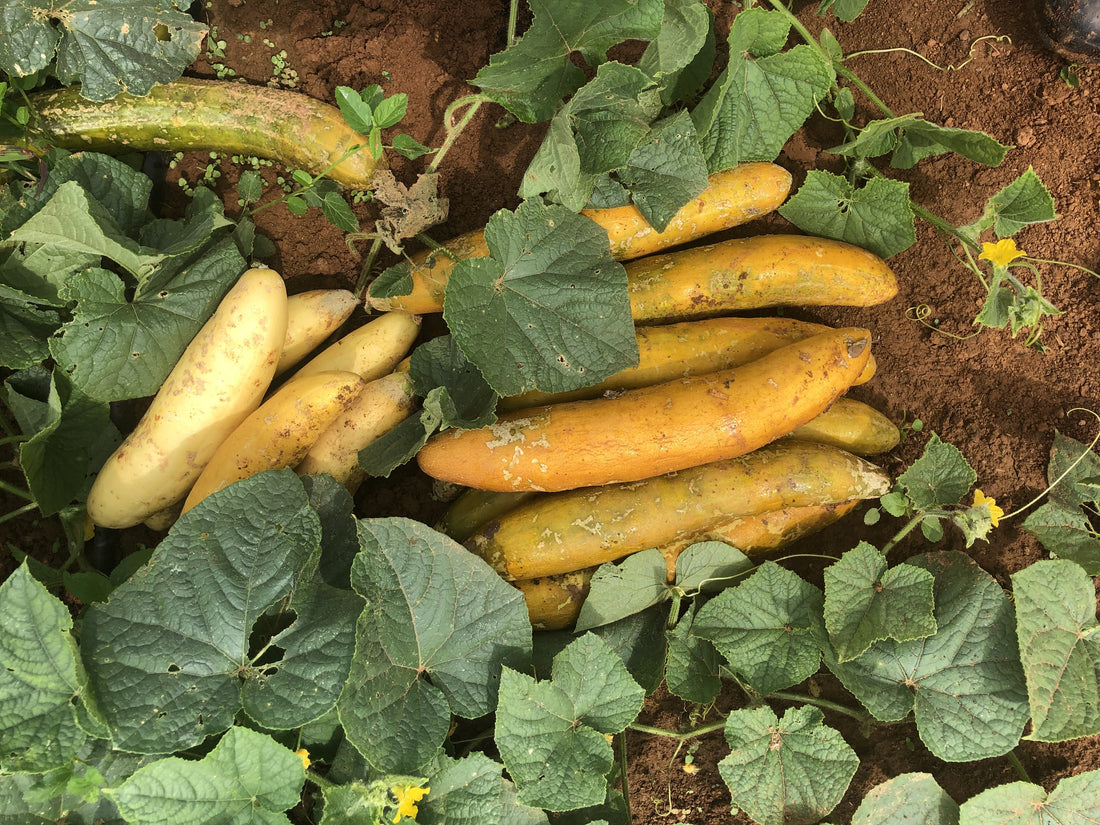By Masha Zager
For gardeners, adapting crops to our localities is an adventure. But for farmers trying to sell their produce or seeds, the adventure can be a risky one. Mixing varieties and letting nature take its course can mean several years of small harvests or unsalable produce.
To help farmers get through the transition period and establish reliable, marketable landraces, Going to Seed created a Farmer Support Program. The program offers financial and technical support, as well as diverse seeds and marketing support, to mitigate farmers’ risks as they adapt their crops.
We received grants from the Clif Family Foundation, the Tarbell Family Foundation, and individual donors to launch the program. Last fall, we issued a call for proposals and selected thirteen farms to support for the 2024 season. Two are demonstration projects - one is part of an attempt to revive traditional village agriculture in India and the other supports community gardeners in Ohio. The rest are more traditional farms that sell vegetables, seeds, or both.
The group is diverse, including farms in several regions of the United States and Canada, as well as the one in India. One farm is a nonprofit that helps feed low-income residents in Alberta, Canada. Several projects are adapting culturally important crops like red rice and mustard greens to changing climates or new areas. Others are trying to expand the geographic range of popular vegetables such as corn and okra. Still others are breeding resistance to specific pests, such as symphylans and squash bugs.
You can read more about these projects here.
The Clif Family Foundation has renewed its grant for 2025 to allow farmers to continue their projects for a second year. In addition, we hope to add a few new farmers to the program next year, and to begin analyzing the program’s results.

